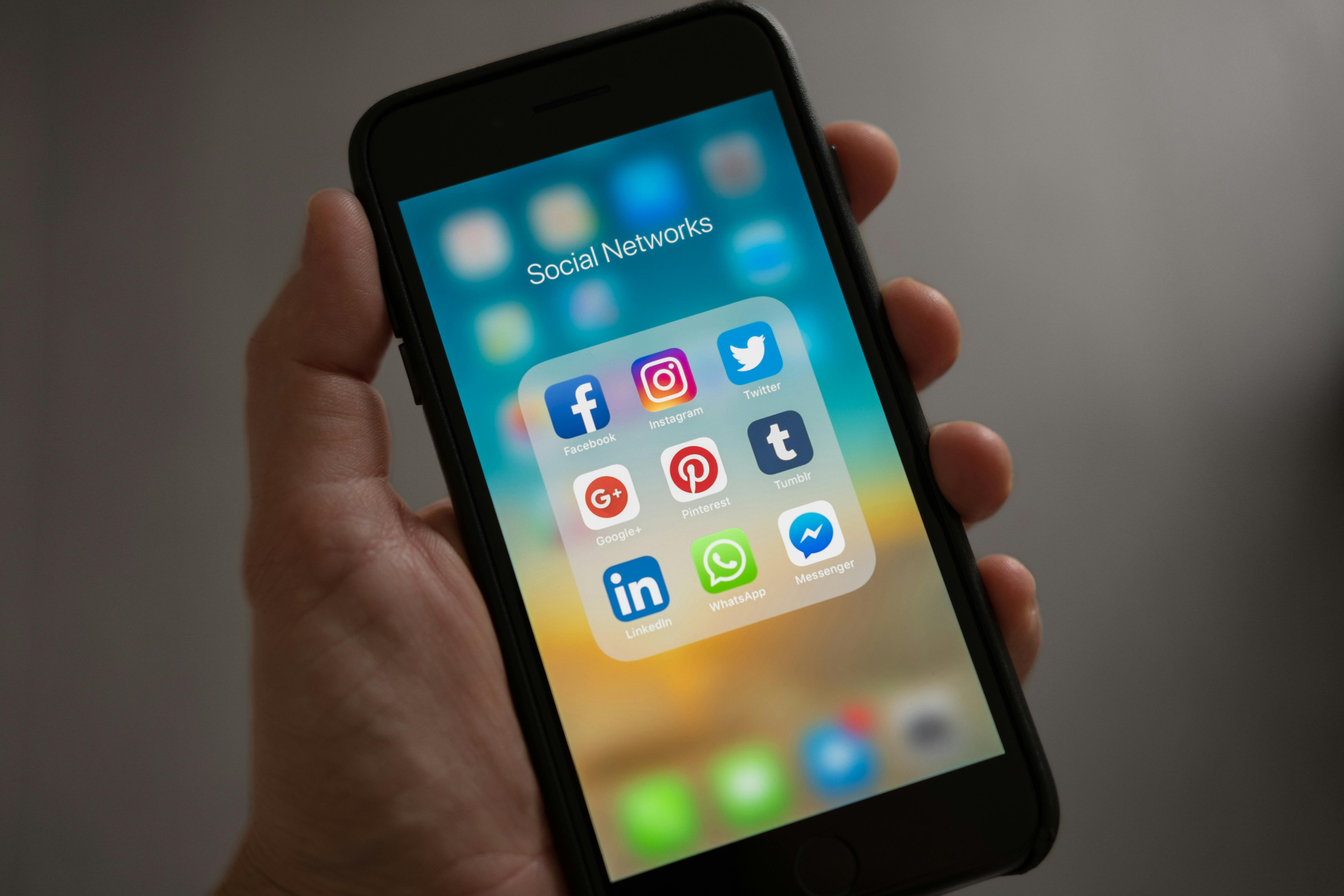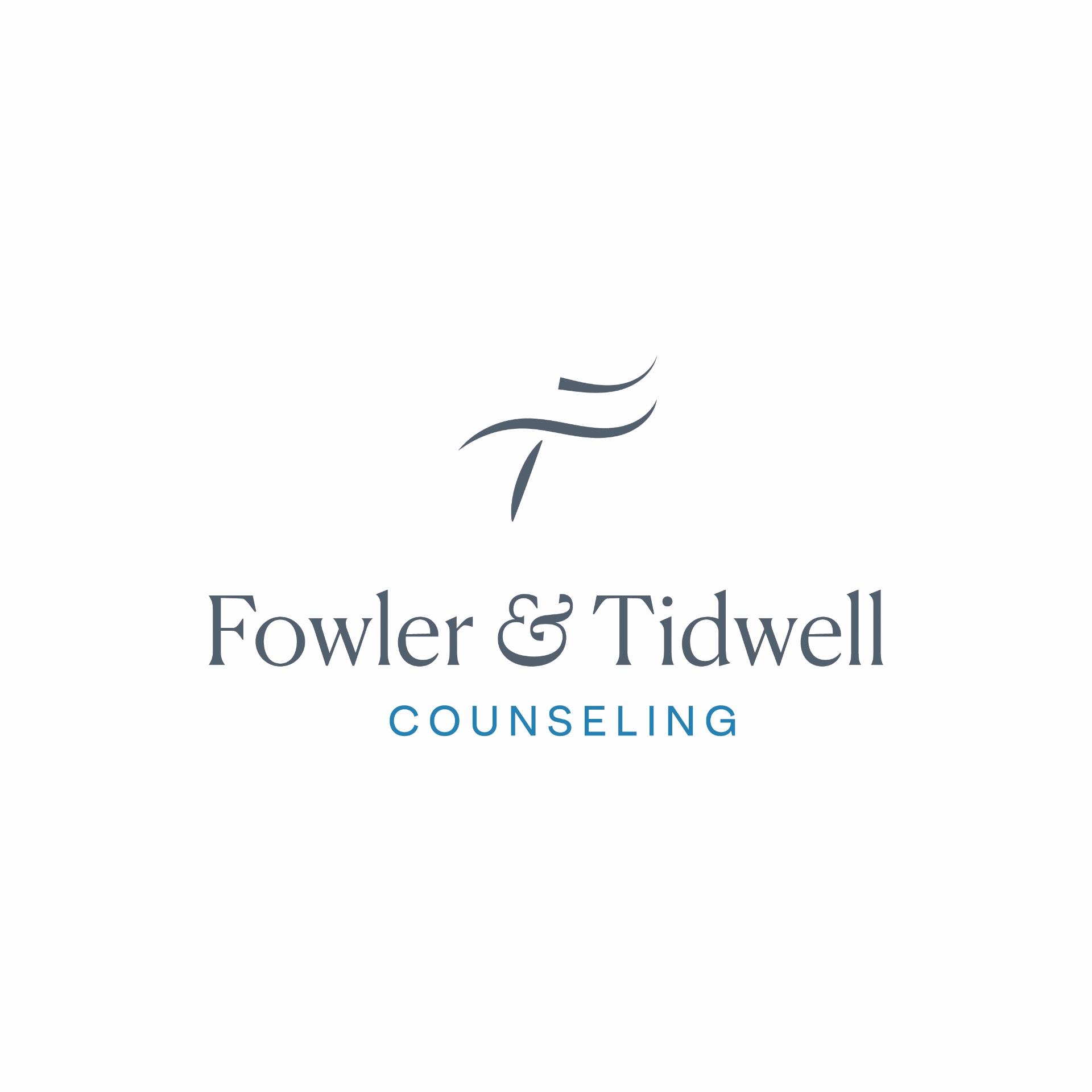Feeling Drained by Your Devices? It Might Be Digital Fatigue

For two decades, I’ve had the privilege of working with countless individuals—from high-powered executives to dedicated parents—all striving to be more efficient and effective in their lives. And in the present day, there’s a new challenge that keeps surfacing, a silent but significant drain on us to live out our best lives: digital fatigue.
You know the feeling. You’ve just spent hours on a conference call, your eyes are tired, and you have a nagging headache. Or maybe you’ve been doomscrolling through social media for what feels like five minutes, only to realize an hour has vanished. This isn’t just “being tired.” It’s a specific kind of exhaustion caused by the relentless demands of our digital world. It’s the cognitive overload of constant notifications, the mental strain of multitasking across multiple screens, and the emotional weight of a 24/7 news cycle.
So, how do you know if you’re experiencing digital fatigue? Here are some tell-tale signs:
You feel mentally foggy and unfocused. Your concentration is shot, and even simple tasks feel like a struggle. It feels like you are experiencing undiagnosed ADHD.
You’re irritable and easily frustrated. The patience you once had for your colleagues or family seems to have evaporated.
Your eyes are dry, tired, or strained. This is a common physical symptom of staring at screens for extended periods.
You have a persistent feeling of “needing to check.” It’s an almost compulsive need to be connected, even when you’re not actively working.
You’re not sleeping well. The blue light from screens can disrupt your body’s natural sleep cycle, and the constant mental stimulation keeps your mind racing.
If any of these resonate with you, please know that you’re not alone. The good news is you can take control. As someone who has helped hundreds of professionals and clients reclaim their time and energy, I’ve found that small, intentional changes can make a world of difference.
Here are 3 tips to help you overcome digital fatigue and regain your focus:
1. Implement a “Digital Sunset”
Just as we watch the sun set to end the day, create a “digital sunset” for yourself. Set a specific time each evening—say, 8:00 PM—after which you put away your phone, tablet, and laptop. This allows your mind and body to wind down naturally without the artificial stimulation of screens. Reading a physical book, listening to music, or simply talking with a loved one can be wonderful alternatives. If you must watch that episode of NCIS or Love Island, then wear blue light glasses while you do so. This will decrease that stimulation at night and facilitate a natural decline to your day into sleep.
2. Schedule “Focus Blocks” and “Mindless Time”
Instead of letting your digital day be a constant stream of interruptions, be intentional about how you use your time. Block out specific periods for deep, focused work where you turn off notifications and close unnecessary tabs. Then, also schedule “mindless time”—a period for checking email, social media, or other low-stakes tasks. This prevents those quick checks from derailing your entire day.
3. Practice the “20-20-20 Rule”
This is a simple but powerful tip for eye strain. Every 20 minutes, look at something 20 feet away for at least 20 seconds. This gives your eye muscles a much-needed break from focusing on a nearby screen. I’ve recommended this to countless clients, and it’s a game-changer for reducing eye fatigue and headaches.
Reclaiming your energy and focus in a digital world isn’t about abandoning technology. It’s about using it as a tool, not letting it become a master. By being mindful of how you interact with your devices, you can regain control, reduce stress, and ultimately, become more effective and fulfilled in all areas of your life.
If you’re ready to take the next step and create a more balanced, productive life, I invite you to explore the resources on our website and sign up for our email list for more tools and tips. We’re here to help you navigate these modern challenges and thrive.
Written by Jenai Tidwell, LPC Supervisor
Schedule an appointment with her here!

